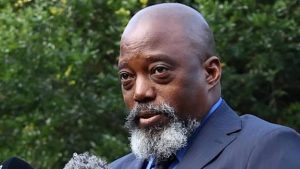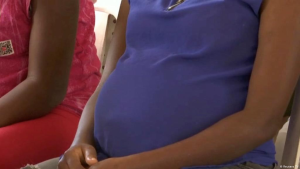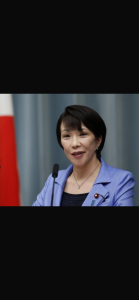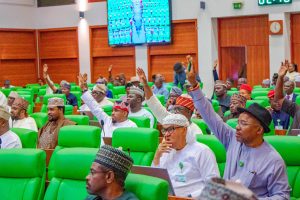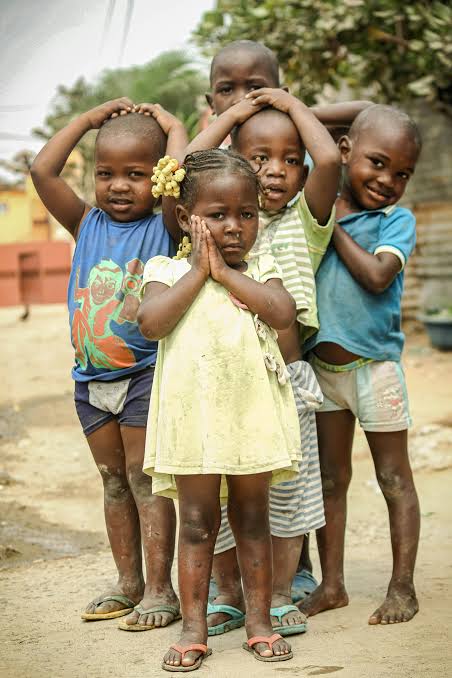
The African Union has sounded the alarm over the continent’s deepening learning crisis, revealing that more than 90 percent of African children aged 10 are unable to read simple texts or solve basic math problems.
This revelation was made by Professor Saidou Madougou, Director of the AU’s Department of Education, Science, Technology, and Innovation, during the inauguration of the End-Learning-Poverty for All in Africa (ELPAF) campaign in Lusaka, Zambia, on Wednesday.
The campaign, themed “Read, Write, Count: Foundation4Life,” is aimed at ensuring all African children acquire foundational literacy and numeracy skills by the age of 10 — with a broader target of universal foundational learning access by 2035.
Despite growing school enrollment across the continent, Madougou expressed concern over the poor quality of learning, warning that the crisis threatens not just education but Africa’s social and economic future.
“Failing to equip children with basic skills early in life limits their potential as active citizens and economically productive individuals,” he said.
The ELPAF campaign, developed in partnership with UNICEF during the September 2024 Conference on Foundational Literacy and Numeracy, is designed to galvanize political will, technical expertise, and resources across the continent to address learning poverty.
UNICEF Zambia’s Deputy Representative, Dr. Nejmudin Bilal, applauded the initiative, stressing that foundational education is critical to breaking the cycle of poverty. “Education is the key to breaking poverty, and foundational learning is the first step,” he said.
Zambia’s Minister of Education, Mr. Douglas Syakalima, who represented President Hakainde Hichilema, declared Zambia the first country to officially launch the continental campaign. He called on African leaders, policymakers, and communities to act swiftly to combat the crisis.
“The launch of this campaign underscores our commitment to advancing education in Zambia,” Syakalima said. “It is a call to action to ensure every child not only learns to read and count but also develops essential social and emotional skills.”

